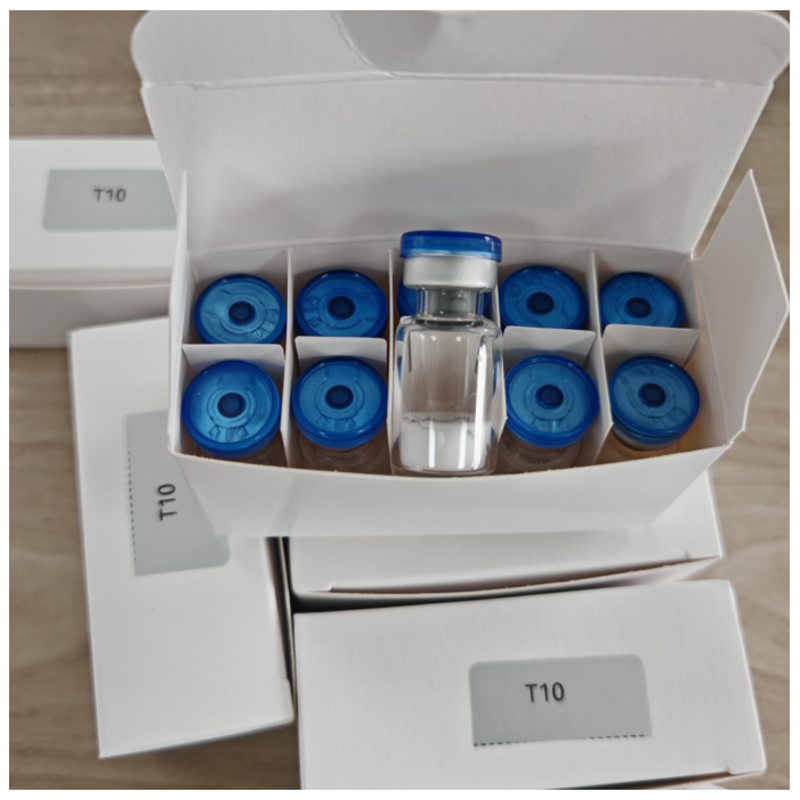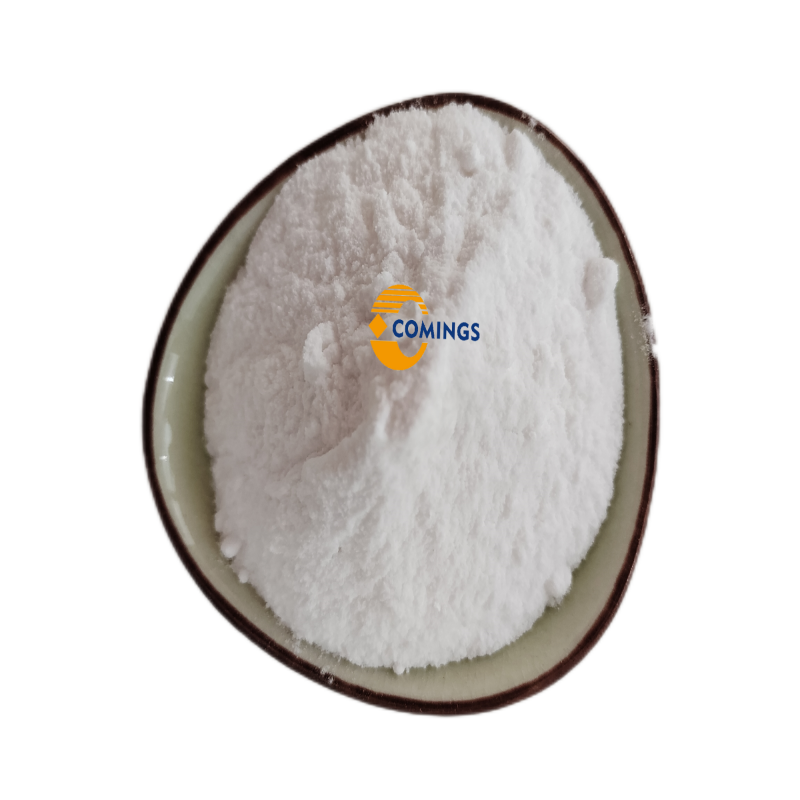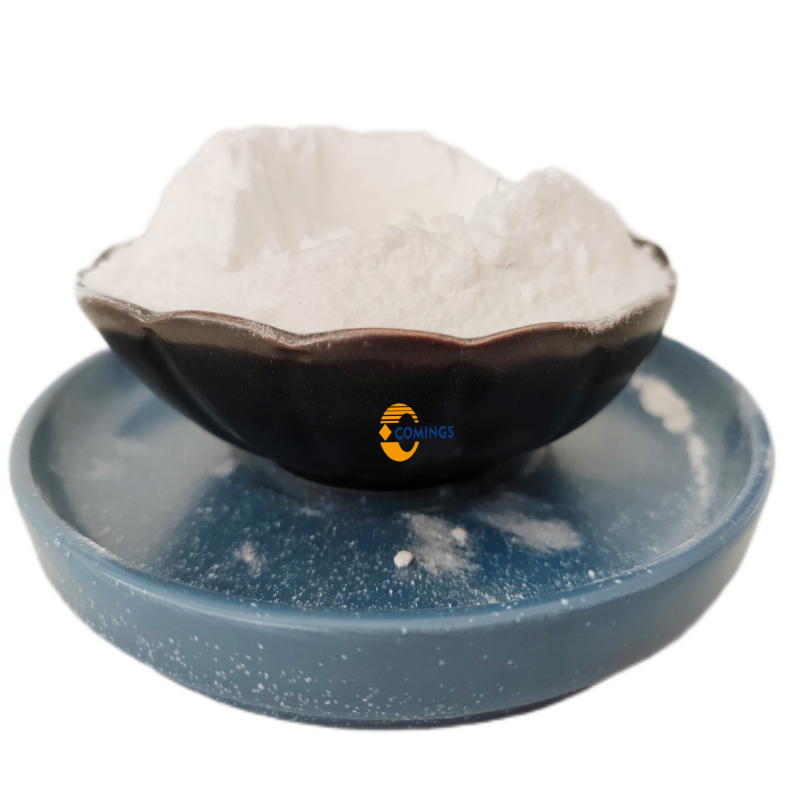-
Categories
-
Pharmaceutical Intermediates
-
Active Pharmaceutical Ingredients
-
Food Additives
- Industrial Coatings
- Agrochemicals
- Dyes and Pigments
- Surfactant
- Flavors and Fragrances
- Chemical Reagents
- Catalyst and Auxiliary
- Natural Products
- Inorganic Chemistry
-
Organic Chemistry
-
Biochemical Engineering
- Analytical Chemistry
-
Cosmetic Ingredient
- Water Treatment Chemical
-
Pharmaceutical Intermediates
Promotion
ECHEMI Mall
Wholesale
Weekly Price
Exhibition
News
-
Trade Service
*For medical professionals only to read and refer
to consolidate a lifetime, "win" the battle fracture
Although everyone is no stranger to osteoporosis now, many middle-aged and elderly people and even young people have begun to realize that "maintaining bones should be done early", but everyone's way of dealing with it is very different
.
On the occasion of "10.
20 World Osteoporosis Day", the endocrinology channel of the medical community invited the medical team of the Department of Endocrinology of the Southern Theater General Hospital to give you "support" on the following 13 common problems, and the next time you encounter patient questions, you can easily deal with them!
The first is age
.
As the age gradually increases, the calcium content in the bones will gradually decrease, and osteoporosis
will occur over time.
The second is the hormonal changes in the body of postmenopausal women, which can cause a gradual decrease in calcium content and lead to osteoporosis
.
Other rare factors, such as hyperparathyroidism and malignancy, can also cause osteoporosis
.
Question 2: What are the types of osteoporosis?
Osteoporosis is divided into primary and secondary
.
Primary osteoporosis is divided into postmenopausal, senile, juvenile idiopathic osteoporosis; Secondary osteoporosis is often secondary to other conditions, such as abnormal gonadal hormone secretion, thyroid or parathyroid gland secretion
.
Question 3: After being diagnosed with osteoporosis, how to treat it?
Osteoporosis can be prevented and treated, and the key lies in standardized adherence and long-term follow-up medication
.
First of all, we must adhere to calcium supplementation and vitamin D supplementation, as well as enhance moderate exercise and sun
exposure.
However, these are basic treatments, which can only maintain the original bone mass and prevent osteoporosis from being further aggravated
.
To get better osteoporosis, you need to further use anti-osteoporosis drugs, and the specific medication should be based on personal conditions, consult a doctor
.
Question 4: How to prevent osteoporosis?
Do five things that osteoporosis may stay away from you:
First, eat more calcium-rich foods
.
For example, fresh fruits and vegetables, milk, shrimp skin and soy products
.
Second, bask in the sun
.
Because the ultraviolet rays of sunlight can prompt the skin to produce more vitamin D to promote calcium absorption
.
Third, exercise
more.
Exercise can accelerate metabolism, reduce the rate of calcium ion loss, and proper exercise can achieve the purpose of
strengthening muscles and bones.
Fourth, choose calcium tablets or calcium agents
under the guidance of a doctor.
Choose the
one that suits you with less toxicity.
Fifth, drink plenty of water
.
Most calcium supplements are soluble, drink plenty of water after taking it, so that calcium ions can be better and faster absorbed
by the body.
Question 5: What are the symptoms that may have a high suspicion of osteoporosis?
Patients with osteoporosis will have the following three symptoms:
the first is bone pain
.
Backache or bone pain
all over the body.
The pain usually appears
after rolling over and sitting up and walking for a long time.
The second is spinal deformation
.
Shortening or hunchback may occur, leading to chest deformities and cardiorespiratory effects
.
The third is fractures
.
In particular, fragility fractures are fractures caused by falls, collisions and even violent coughing under slight external forces
.
Question 6: Bone density test radiation is large? There are also many taboos?
Li Jia
to consolidate a lifetime, "win" the battle fracture
What these patients said above, as an endocrinologist, you should have encountered a lot in the clinic, right?"I don't want to do a bone density test, I'm afraid that radiation will harm the body"
"Isn't it osteoporosis, drink more bone broth, eat more calcium tablets to make up for it"
"Doctor, didn't you say that I had osteoporosis? So how else do I exercise? ”
.
.
.
.
.
.
Although everyone is no stranger to osteoporosis now, many middle-aged and elderly people and even young people have begun to realize that "maintaining bones should be done early", but everyone's way of dealing with it is very different
.
On the occasion of "10.
20 World Osteoporosis Day", the endocrinology channel of the medical community invited the medical team of the Department of Endocrinology of the Southern Theater General Hospital to give you "support" on the following 13 common problems, and the next time you encounter patient questions, you can easily deal with them!
5 questions, let's first understand osteoporosis
Department of Endocrinology, Southern Theater General Hospital
The medical team answers:
The first is age
.
As the age gradually increases, the calcium content in the bones will gradually decrease, and osteoporosis
will occur over time.
The second is the hormonal changes in the body of postmenopausal women, which can cause a gradual decrease in calcium content and lead to osteoporosis
.
Other rare factors, such as hyperparathyroidism and malignancy, can also cause osteoporosis
.
Question 2: What are the types of osteoporosis?
Department of Endocrinology, Southern Theater General Hospital
The medical team answers:
Osteoporosis is divided into primary and secondary
.
Primary osteoporosis is divided into postmenopausal, senile, juvenile idiopathic osteoporosis; Secondary osteoporosis is often secondary to other conditions, such as abnormal gonadal hormone secretion, thyroid or parathyroid gland secretion
.
Question 3: After being diagnosed with osteoporosis, how to treat it?
Department of Endocrinology, Southern Theater General Hospital
The medical team answers:
Osteoporosis can be prevented and treated, and the key lies in standardized adherence and long-term follow-up medication
.
First of all, we must adhere to calcium supplementation and vitamin D supplementation, as well as enhance moderate exercise and sun
exposure.
However, these are basic treatments, which can only maintain the original bone mass and prevent osteoporosis from being further aggravated
.
To get better osteoporosis, you need to further use anti-osteoporosis drugs, and the specific medication should be based on personal conditions, consult a doctor
.
Question 4: How to prevent osteoporosis?
Department of Endocrinology, Southern Theater General Hospital
The medical team answers:
Do five things that osteoporosis may stay away from you:
First, eat more calcium-rich foods
.
For example, fresh fruits and vegetables, milk, shrimp skin and soy products
.
Second, bask in the sun
.
Because the ultraviolet rays of sunlight can prompt the skin to produce more vitamin D to promote calcium absorption
.
Third, exercise
more.
Exercise can accelerate metabolism, reduce the rate of calcium ion loss, and proper exercise can achieve the purpose of
strengthening muscles and bones.
Fourth, choose calcium tablets or calcium agents
under the guidance of a doctor.
Choose the
one that suits you with less toxicity.
Fifth, drink plenty of water
.
Most calcium supplements are soluble, drink plenty of water after taking it, so that calcium ions can be better and faster absorbed
by the body.
Question 5: What are the symptoms that may have a high suspicion of osteoporosis?
Department of Endocrinology, Southern Theater General Hospital
The medical team answers:
Patients with osteoporosis will have the following three symptoms:
the first is bone pain
.
Backache or bone pain
all over the body.
The pain usually appears
after rolling over and sitting up and walking for a long time.
The second is spinal deformation
.
Shortening or hunchback may occur, leading to chest deformities and cardiorespiratory effects
.
The third is fractures
.
In particular, fragility fractures are fractures caused by falls, collisions and even violent coughing under slight external forces
.
8 questions, stop "misunderstanding" osteoporosis
The video version and the text version are ready for everyone~
Question 6: Bone density test radiation is large? There are also many taboos?
Department of Endocrinology, Southern Theater General Hospital
The medical team answers:
Text version of the answer:
The radiation of bone density test is very small, equivalent to 1/5 of chest x-ray radiation, and normal people are exposed to radiation in front of the computer work in front of the computer every day
.
The contraindications to bone density examination are relatively few, generally the fracture can not lie flat, pregnancy status, etc
.
Department of Endocrinology, Southern Theater General Hospital
The medical team answers:
The treatment of osteoporosis is a long-term and slow process, and the drug
cannot be stopped without authorization.
Although the patient may not feel the effect in a short period of time, it is also necessary to take or stop the drug
as prescribed.
Department of Endocrinology, Southern Theater General Hospital
The medical team answers:
Nope
.
Because calcium cannot be absorbed directly by the intestines, it must be absorbed into the blood
with the help of active vitamin D.
In addition to calcium supplementation, bone resorption inhibitors and bone formation promotion drugs should be used as directed by the doctor, supplementing active vitamin D, sunbathing, and doing some exercise programs within their ability to delay the development of
osteoporosis.
Department of Endocrinology, Southern Theater General Hospital
The medical team answers:
Text version of the answer:
After the treatment of osteoporosis is adjusted by diet, sun exposure, rehabilitation exercises and drug treatment, bone density can be well improved
.
Department of Endocrinology, Southern Theater General Hospital
The medical team answers:
Osteoporosis is often combined with bone hyperplasia or bone spurs
.
At this time, bone hyperplasia is a compensation
for osteoporosis by the body.
After osteoporosis, calcium ectopia occurs during the body's compensation process, which is deposited on the surface of the bone and joint and forms bone spurs
.
Treatment of osteoporosis can correct the state of calcium deficiency in the body, thereby partially correcting abnormal processes and reducing the formation
of bone spurs.
Therefore, patients with osteoporosis still need to continue calcium
supplementation.
Department of Endocrinology, Southern Theater General Hospital
The medical team answers:
No, the solubility of calcium in the soup is very limited, the calcium content in the bone broth is minimal, and there is a lack of vitamin D that promotes calcium absorption, which cannot meet everyone's daily calcium needs
.
The real calcium supplement effect is milk, soy products, nuts and dark green vegetables
.
At the same time, vitamin D supplemented by sun exposure and protein intake in food are also important
for preventing osteoporosis.
Department of Endocrinology, Southern Theater General Hospital
The medical team answers:
Text version of the answer:
Yes, but exercise
scientifically.
Exercise therapy can effectively improve the bone density of the lumbar spine, femoral neck and hip joints of osteoporosis patients, and significantly reduce the risk of
osteoporotic fractures.
But be sure to pay attention to safety, choose the exercise method that suits you, prevent falls, avoid excessive exercise or excessive intensity, in order to prevent cervical spine and waist damage, increase the burden
on the bones.
Department of Endocrinology, Southern Theater General Hospital
The medical team answers:
Text version of the answer:
Long-term overdose of calcium may cause kidney stones
.
Because excess calcium cannot be absorbed by the human body, the kidney metabolism will be excreted from the urine after metabolism, and the calcium content in the urine will increase
.
Over time, calcium will combine oxalic acid and phosphoric acid to form stones
.
If the dietary intake is insufficient, calcium containing
more than 500 mg of elemental calcium can be taken orally daily.
Li Jia
- Director of the Department of Endocrinology, Southern Theater General Hospital, medical doctor, graduate supervisor
- Vice Chairman of Clinical Endocrine Drug Evaluation Branch of China Medical Education Association
- Chairman of the Osteoporosis Prevention and Rehabilitation Committee of Guangdong Geriatric Health Association
- Youth Committee Member of Endocrinology Branch of Guangdong Medical Association
- Vice Chairman of Diabetes Branch of Guangzhou Medical Association
- He has published more than 40 papers in SCI and core journals
- He is the chief editor, co-editor and translator of 5 monographs
- In recent years, he has presided over 5 national nature, provincial and ministerial funds
- He has served as a simultaneous interpreter for the conference for many times
- Reviewer for several SCI journals







